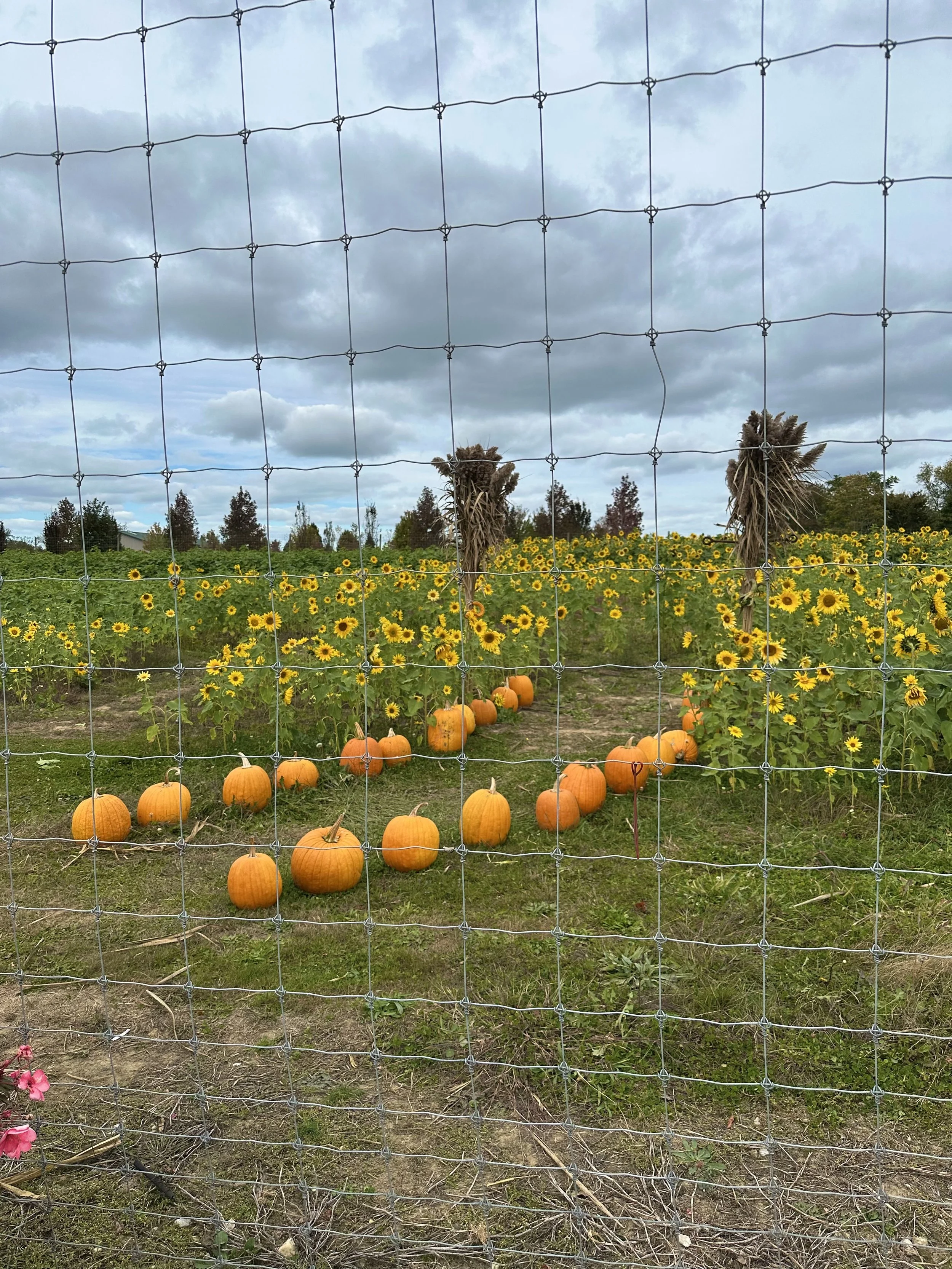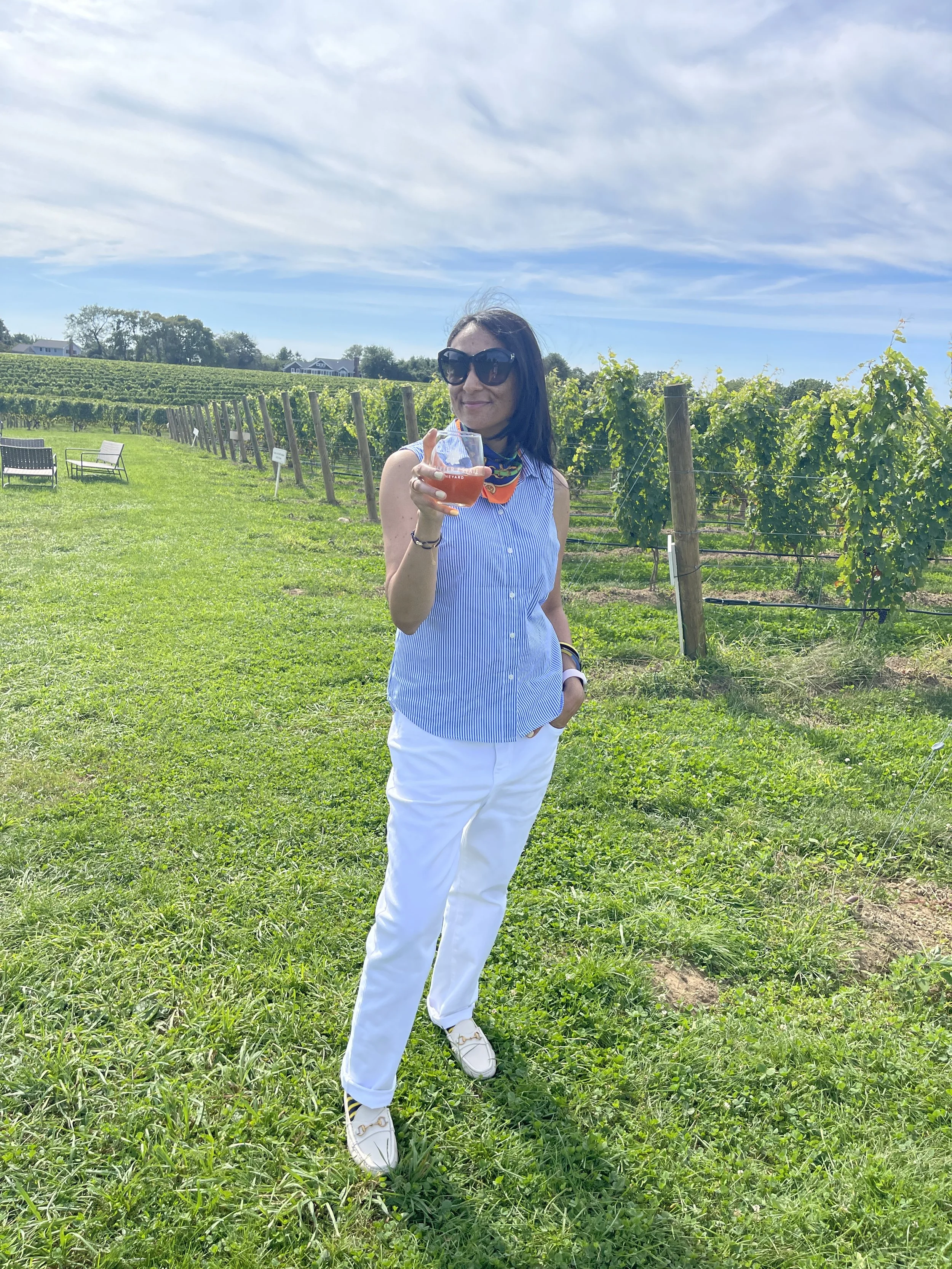Addicted to Love, Might As Well Face It
What’s the deal with the feelings of being in love? Borderline obsession, constant wanting and thinking about the special someone, and scheming to stalk their social media accounts have too many similarities to drug addiction. That organ just north of your heart, your brain, is to blame. Yeah, the same organ that helps you learn chemistry, is also responsible for the aching during love or crack binge. So, what is romantic love, how is it related to substance abuse, and can we control it?
It has taken about 4 million years for amorous love to evolve systematically into long-term romantic relationships to allow humans to continue their survival- by assuring productive reproduction and genetic persistence. The brain has developed to maintain mechanisms to fall in and stay in love. Interestingly, the cerebral areas collectively coined as the “reward system” signals feeling good when a certain something happens, whether it’s a long-awaited kiss or a snort of coke (NEWS FLASH: Don’t do cocaine…. Drugs are bad for you). The symptoms of addiction, also observed early on in romantic love, include "euphoria, craving, dependence, withdrawal and relapse". Importantly, the differences between love and substance addiction are that most people have been in love and it’s a positive attribute, but only a small percentage have been addicted to drugs or alcohol and it has negative connotations. However, love can turn negative due to feelings that are associated with addiction, like a craving-induced response because reward pathways are shared between opioid and cocaine users, and people in love.
Light My Brain
A fancy pants science technique that images brain functions, Functional Magnetic Resonance Imaging (fMRI), shows that the same regions of the brain “light up” for romantic love and addiction. These regions are part of the “reward system” which is known as the “dopamine-rich regions”. Dopamine, a hormone, is highly active within the reward system to give you that oh-so good feeling. But is the addiction during romantic love chemical or behavioral? Women and men who were scanned with fMRI revealed that they were passionately in love, and reward areas of their brain responded differently to liking (seeing a hot guy/girl) and wanting (loving a guy/girl) someone. Also, people in committed relationships are less likely to seek side action and also view others as less attractive than they really are.
These regions involved are responsible for:
Intense Romantic Love : Ventral Tegmented Area
Attachment : Ventral Palladium
Physical Pain : Insular Cortex and Anterior Cingulate
Assessing gains and losses, cravings, addiction Nucleus Accumbens and Prefrontal Cortex)
Gray Matter
The striatum, sits in the forebrain and is a part of the reward system involved with feelings that occur during romantic love and relationships. The gray matter, which contains neurons, glial cells, and capillaries, changes depending on relationship status and associated experiences. People in relationships stated that they were happier and, in turn, their striatal gray matter was reduced in comparison to individuals who are not in relationships. Cocaine addicts and alcoholics also have diminished gray matter. The love bug and drug bug both display increases in reward system activity along with decreased control of the inhibitory system. Translation: people in love and substance abusers are not going to stop pursuing the object that generates a high- their lover or drugs/alcohol, respectively.
Why Don’t We Kick It Anymore?
Karlie was like, OMG, we don’t see Taylor at all since she hooked up with Tom. Are you having a better time hanging with your SO (significant other) or BFF (best friend forever)? In the beginning, couples are infatuated with one another, happier, less stressed, and feel better about themselves because of the support they receive from their SO’s. Twenty-one-year-old college students in 2-year relationships saw themselves as happier than their single counterparts. The positive emotional and physical feelings associated with hanging with one’s SO leads to more time spent with them and less with their homies. It must be the release of all that dopamine, hitting the striatum when looking at their SO. Also, happier relationships seem to involve the partners idolizing one another. Totally creepy, but okay fellow scientists, we’ll take your word for it.
You’re Hot Then You’re Cold
Wouldn’t it be great if we had a remote control for who we loved and by how much? Couples in long-term relationships are constantly trying to “keep the romance alive”. You’ve heard divorcee’s say that they “fell out of love”, right? Well, that’s because over time infatuation (passion) and attachment (comfort) diminish. Couples need to keep these aspects at a certain level to maintain their commitment to one another. But is it possible to sustain the love bug feeling? On the other hand, you don’t want to be that person who is obsessed with someone who doesn’t know you exist- um, stalker! Also, after a total love dis the most awesome clap back is “I’m so over you”. Unfortunately, “I wish I could get over her/him” is the more common response.
Contrary to what non-scientists believe, some researchers deem it possible to turn one’s romantic feelings up or down like a stereo volume control. Emotions can be regulated by finding new ones or decreasing current ones. Skeptical? Why wouldn’t you be…. Romeo and Juliet couldn’t do it and look what happened to them.
In one research study, twenty-one-year-old college students who were in or broken up from a relationship performed a self-control task while viewing their lovers or exes, respectively. They initially thought that they could control attachment and the intensity of their feelings, but not infatuation or the person they loved. Changing how they saw the relationship and their feelings, worked to regulate love because this allowed people to realize that they were in control of their feelings.
Get Over It
Getting over a lost love is probably your best bet because alternatives don’t seem to be fruitful. It’s possible to die from a broken heart- depression from a broken heart leads to strokes in some cases. But dying might be healthier than stalking the person who dropped you or a stranger that you are obsessed with. The reward system is activated in stalkers as it is in addicts because it triggers the person to focus on and stay motivated in getting what satisfies them. Fatal Attraction, anyone?
In one study, jilted lovers were still in love with and wanted their exes back after 2 months of the break-up. Love and drug addiction both provoke sensations of love and hankerings, respectively. The same regions that were activated in the love rejects were also activated when someone craves cocaine. Most people share methods to get over someone: avoid them or all memories of them, keep busy, and find new peeps to hang with. Avoidance of associated prompts to one’s ex-love is a proven approach, like a 12-step program, to eschew the negative implications of unrequited love. Also, thinking negative thoughts about one’s ex or times shared together facilitates moving on.
Wrapping It Up With A Bow
Love is necessary for sustaining human life, but substance abuse is a sign that essential needs of human life are absent. Recognizing the symptoms of love and regulating the accompanying feelings is possible with psyching-out techniques. Whatever your relationship status is, don’t do drugs, don’t be a stalker, and get over it already.
-Hugs & Kisses, Dr. K
INTRVW WITH A SCIENTIST™
Q&A WITH PROFESSIONALS THAT ARE MAKING A DIFFERENCE IN THE FIELD.



























Efforts to become a better version of oneself is increasingly gaining active attention. If the Tik-Tokkers are doing it, it must be a thing right. Diets, exercises, and supplements still play a fundamental role in how we perceive transformation into so-called better people. Why is so many people unhappy with what they chose to become?